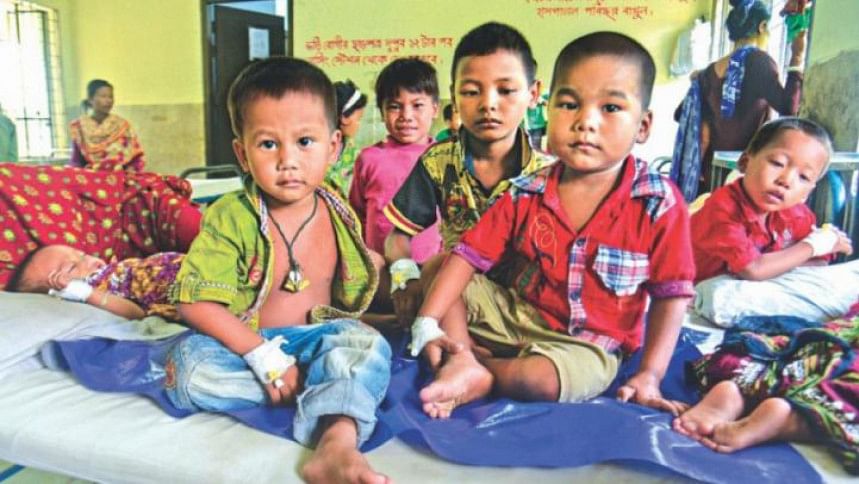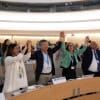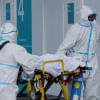"Covid-19 fuelled largest continued backslide in childhood vaccinations"

The largest sustained decline in childhood vaccinations in approximately 30 years has been recorded in official data published today (July 16, 2022) by World Health Organization and Unicef.
The percentage of children who received three doses of vaccine against diphtheria, tetanus and pertussis (DTP3) – a marker for immunisation coverage within and across countries – fell five percentage points between 2019 and 2021 to 81 percent, according to a press release issued.
As a result, 25 million children missed out on one or more doses of DTP through routine immunisation services in 2021 alone. This is 2 million more than those who missed out in 2020 and 6 million more than in 2019, highlighting the growing number of children at risk from devastating but preventable diseases, it said.
The decline was due to many factors including an increased number of children living in conflict and fragile settings where immunisation access is often challenging, increased misinformation and Covid-19-related issues such as service and supply chain disruptions, resource diversion to response efforts, and containment measures that limited immunisation service access and availability, the data showed.
"This is a red alert for child health. We are witnessing the largest sustained drop in childhood immunisation in a generation. The consequences will be measured in lives," said Catherine Russell, Unicef executive director,
WHO Director General Dr Tedros Adhanom Ghebreyesus said, "Planning and tackling Covid-19 should also go hand-in-hand with vaccinating for killer diseases like measles, pneumonia and diarrhea."
"It's not a question of either/or, it's possible to do both," he added.
Monumental efforts will be required to reach universal levels of coverage and to prevent outbreaks. Inadequate coverage levels have already resulted in avoidable outbreaks of measles and polio in the past 12 months, underscoring the vital role of immunisation in keeping children, adolescents, adults, and societies healthy, read the release.
WHO and Unicef are working with Gavi, the Vaccine Alliance and other partners to deliver the global Immunisation Agenda 2030 (IA2030), a strategy for all countries and relevant global partners to achieve set goals on preventing diseases through immunisation and delivering vaccines to everyone, everywhere, at every age, it added.
"It's heartbreaking to see more children losing out on protection from preventable diseases for the second year in a row. The priority of the Alliance must be to help countries to maintain, restore and strengthen routine immunisation alongside executing ambitious Covid-19 vaccination plans, not just through vaccines but also tailored structural support for the health systems that will administer them," said Gavi CEO Dr Seth Berkley.

 For all latest news, follow The Daily Star's Google News channel.
For all latest news, follow The Daily Star's Google News channel. 







Comments